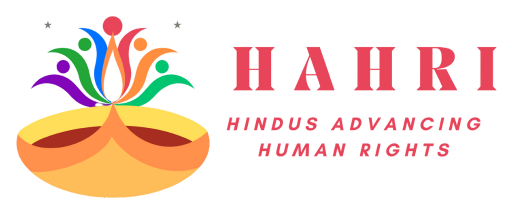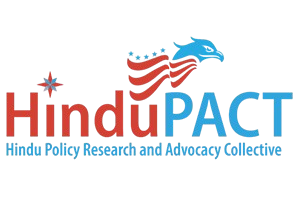The complaint asserts that the Islamic Republic of Pakistan has been committing a “slow but relentless ‘drip, drip’ genocide” against its Hindu, Christian, and Sikh populations since 1947. It asserts that this constitutes a violation of Article 2 of the UN Genocide Convention, citing a pattern of targeted violence, forced conversions, kidnappings, sexual exploitation, discriminatory laws, and a societal structure that fosters hatred towards religious minorities.
The complaint references several key historical events and legislative actions as evidence. These include the failure to protect minority rights as agreed upon in the 1950 Nehru-Liaquat Agreement, the passage of the Enemies Property Act in 1965 to seize Hindu property, and the 1971 genocide in Bangladesh (then East Pakistan) where Hindus were explicitly targeted. The document also highlights the 1949 Objectives Resolution, which declared the sovereignty of the universe belongs to Allah, as laying a discriminatory foundation.
The complaint details numerous contemporary methods contributing to the alleged genocide. These include the widespread abduction, forced conversion, forced marriage, rape, and sexual exploitation of Hindu and Christian women and girls. It also points to the discriminatory application of blasphemy laws, the destruction and desecration of Hindu temples and Christian churches, the propagation of hatred towards minorities in school textbooks, discriminatory recruitment practices, and the exploitation of minorities through bonded labor.
The complaint argues that genocidal intent can be inferred from several factors, including the historical animosity towards Hindus in the movement to create Pakistan based on the “two-nation theory,” the consistent decline in the proportion of religious minorities in Pakistan’s population alongside a massive increase in the Muslim population, admissions by Pakistani officials of targeted violence against minorities in the name of Islam, and the existence of discriminatory laws and societal norms rooted in Islamic supremacy, such as the concepts of “jizya,” “zimmi,” and “but-shikinee.” The complaint also emphasizes the “whole-of-society” nature of this genocide, involving both state and non-state actors.
Forced conversion, particularly of Hindu and Christian women and girls, is presented as a key element of the alleged genocide. The complaint argues that by forcibly converting minority women, Pakistan is “imposing measures intended to prevent births within the group,” which is prohibited under the Genocide Convention. These conversions are often accompanied by kidnapping, rape, and sexual abuse, with alleged impunity for perpetrators due to the complicity or inaction of law enforcement and the judiciary.
The complaint criticizes the UN for its alleged failure to prevent the ongoing genocide of Hindus, Christians, and Sikhs in Pakistan, drawing a parallel to the UN’s inaction during the Rwandan genocide. It asserts that despite numerous “early warnings” and the UN’s own framework for genocide prevention, the international body has largely ignored the plight of religious minorities in Pakistan, allowing the situation to worsen over decades.
The complaint urgently requests the UN Human Rights Council to act to stop the alleged genocide. Specifically, it calls for the UN Security Council to mandate an International Criminal Tribunal for Pakistan to identify and prosecute perpetrators of the alleged genocide, including public officials and political leaders. It also requests that the UN Human Rights Office and UN Women closely support the work of the tribunal and conduct fact-finding visits in Pakistan to prevent further forced conversions. Additionally, it highlights recommendations from UN Member States during Pakistan’s Universal Periodic Review, urging the repeal or amendment of blasphemy laws and other discriminatory legislation, and the implementation of measures to protect religious minorities.
The complaint emphasizes the historical and religious context to demonstrate the roots and drivers of the alleged persecution. It delves into the ideology behind the creation of Pakistan, the pronouncements of its founder Muhammad Ali Jinnah, the influence of Islamic doctrine, and the role of hate speech and discriminatory teachings in shaping societal attitudes and state policies towards religious minorities. By highlighting concepts like “jizya,” “zimmi,” “kafir,” and “Dawah,” the complaint aims to illustrate an inherent bias and intent to subjugate or eliminate non-Muslim communities within Pakistan.

